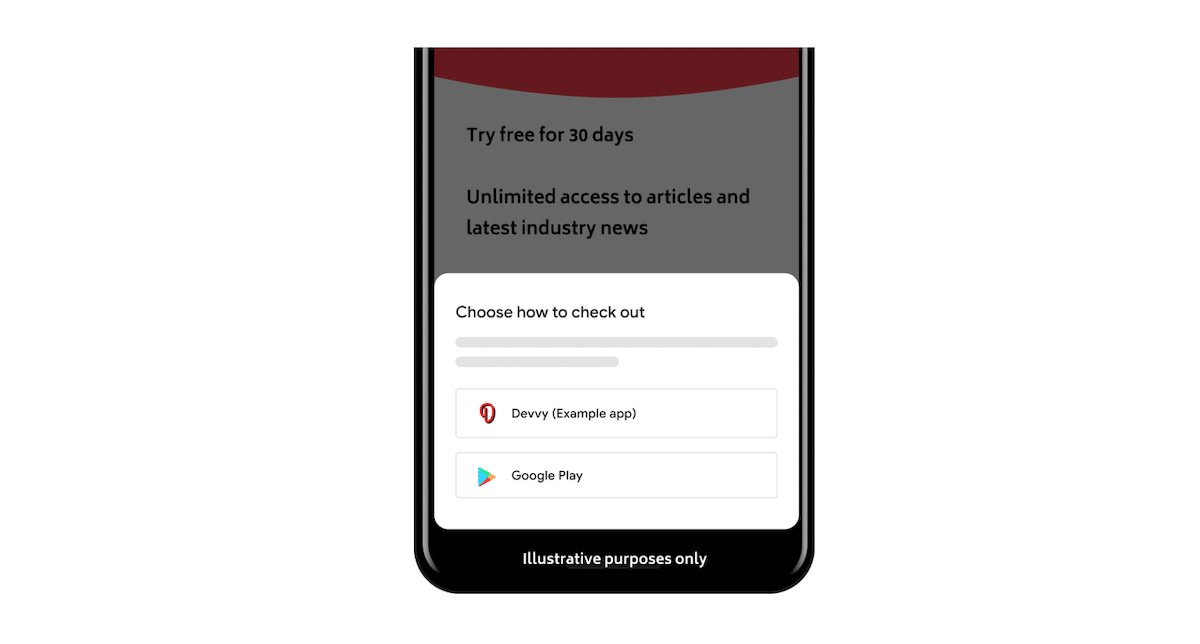South Korea has passed a law that prohibits Apple and Google from forcing developers to use their in-app payment systems on App Store and Play Store, respectively. That means developers can offer their own app stores on iOS and Android devices with their own payment structures to earn 100% revenue from sales and not pay Apple and Google a commission for in-app purchases.
Although the S.Korean governments have given both tech giants time to make necessary arrangements, Apple is resisting changes on iOS, while Google is complying. Google has announced that developers will be given an option to add an alternative in-app billing system on Android devices, along with Play Store’s payment system in South Korea. Having said that, the tech giant will still charge developers a reduced fee in order to sustain its platform.

In compliance with South Korea’s new law, Google changes payment system on Android while Apple does nothing
When Apple was requested to submit its action plan to implement the new law, the company reportedly said that its App Store policy was already in compliance with the new law and there was no need to make changes. On one hand, where Google has introduced its new payment system, Apple’s head of software Craig Federighi denounced the prospect of allowing sideloading on iOS devices.
At the Web Summit conference in Portugal, Mr. Federighi said allowing sideloading on iOS would be a step backward which would open “floodgates” to malware on users’ most personal devices.
“As an engineer who wants iPhone to stay as secure as possible for our users, there is one part I worry about, and that’s the provision that would require iPhone to allow sideloading,” said Federighi. “In the name of giving users more choice, that one provision would take away user’s choice of a more secure platform.”
He also added that users who do not wish to step out of the App Store’s secure payment system would be coerced or tricked into doing it if sideloading is allowed on iOS. The company has already published two detailed papers on the real-world threats of sideloading for users and developers.
Cupertino tech giant is also under immense pressure from regulators in the U.S, Russia, Dutch, and the EU to allow sideloading to give users more options.